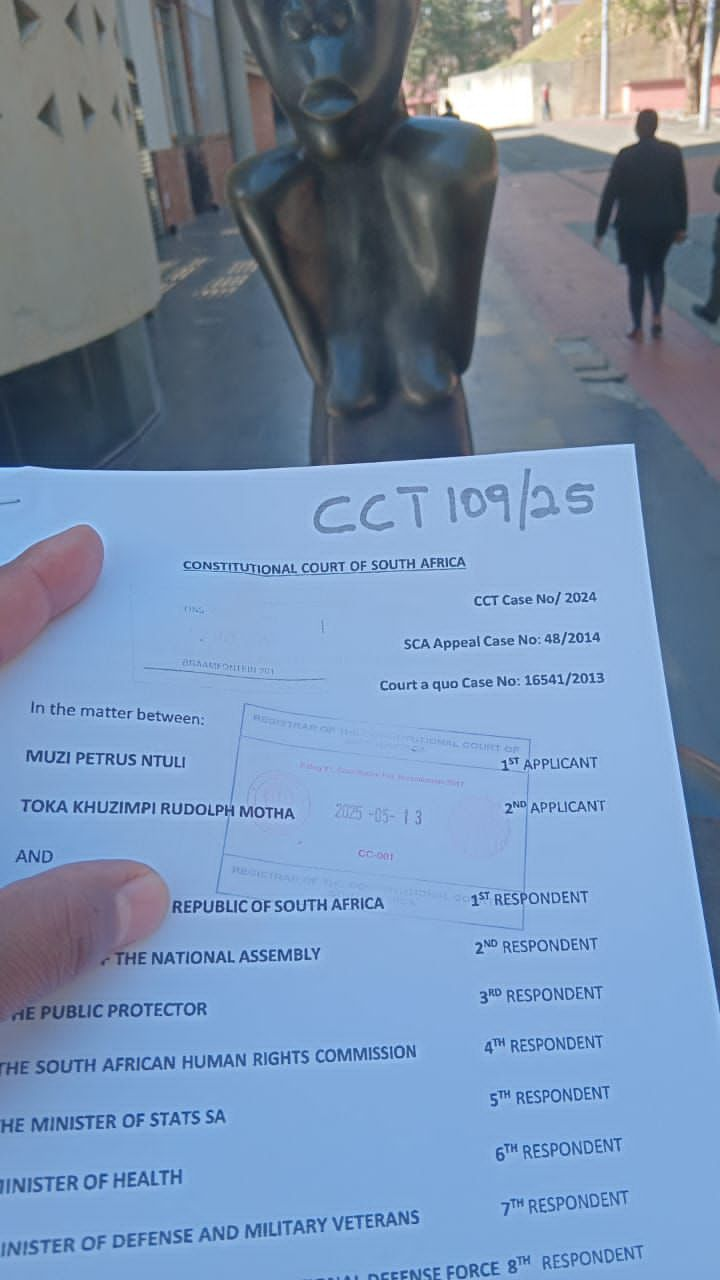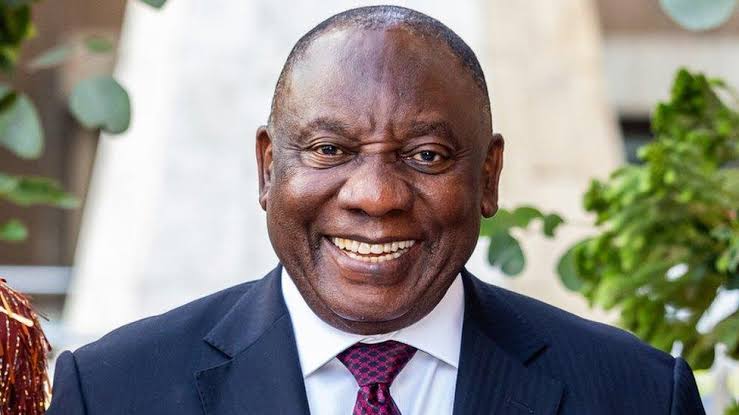While South Africans were battling the early waves of the COVID-19 pandemic — lockdowns, job losses, and an overwhelmed health system — something unusual may have happened far from home, behind closed doors.
According to a Constitutional Court challenge now making waves, President Cyril Ramaphosa is accused of secretly registering South Africa as a corporation in the United States. The court filing alleges this was done under the U.S. Securities and Exchange Commission (SEC) on March 20, 2020 — the very day the country began shutting down under pandemic rules.
Two citizens Muzi Ntuli and Toka Motha of Cosau have brought forward a case against 44 respondents, including the sitting President, alleging that the Republic of South Africa was registered as a corporate entity under U.S. jurisdiction in 2020. This registration, they argue, violates key sections of the Constitution (including Sections 1, 2, 83, 84, and 231), undermining the legal standing of our democracy and stripping citizens of true self-determination.
The Allegations in Plain Terms:
1. Betraying the Constitution:
The President is bound by law to respect the Constitution as the highest authority. The applicants argue that secretly registering South Africa as a corporation under U.S. law undermines this very foundation. Even if it was symbolic, the lack of transparency raises serious questions about intent and legality.
2. Bypassing Parliament:
Any international agreement must, by law, be approved by Parliament. If this corporate registration formed the basis of any agreement — even indirectly — and Parliament didn’t know, then it breaks the rules. It’s like signing a contract on behalf of a country behind everyone’s back.
3. Undermining Democracy:
Parliament is supposed to be the heartbeat of lawmaking in South Africa. If major decisions are made without its involvement — particularly ones that touch on national sovereignty — then what’s left of democratic accountability?
4. Redefining South Africa:
The Constitution defines South Africa as a sovereign republic, not a commercial entity. The mere idea that it could be categorized like a company on a U.S. database — with a file number and a Washington D.C. address — is deeply unsettling for those who believe in self-governance.
The case raises questions:
• Was South Africa ever lawfully corporatized under international law?
• Have key decisions regarding our sovereignty been made without public knowledge or constitutional compliance?
• If true, what are the implications for national governance, international agreements, and the President’s oath of office?

Why This Matters:
The court case doesn’t just seek answers. It threatens to unwind the political and legal fabric of post-2020 South Africa:
Government decisions could be undone. Everything from lockdown fines to international treaties could be challenged as legally invalid.
The President’s authority could collapse. If the court agrees that his actions were unconstitutional, it could lead to impeachment calls or even a national referendum.
International trust could vanish. Global investors, treaty partners, and credit agencies might reconsider how they engage with South Africa — all because of a single bureaucratic action.
Ordinary citizens may pay the price. A destabilized economy, weakened Rand, and diplomatic isolation are real possibilities if this gains traction.
No matter what the court decides, this case has already done something extraordinary: it has forced the country to ask who we are — and who gets to decide.

